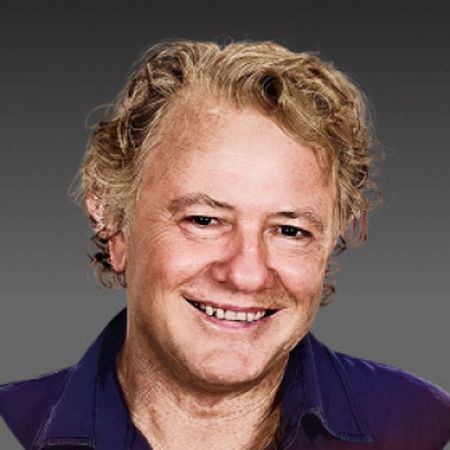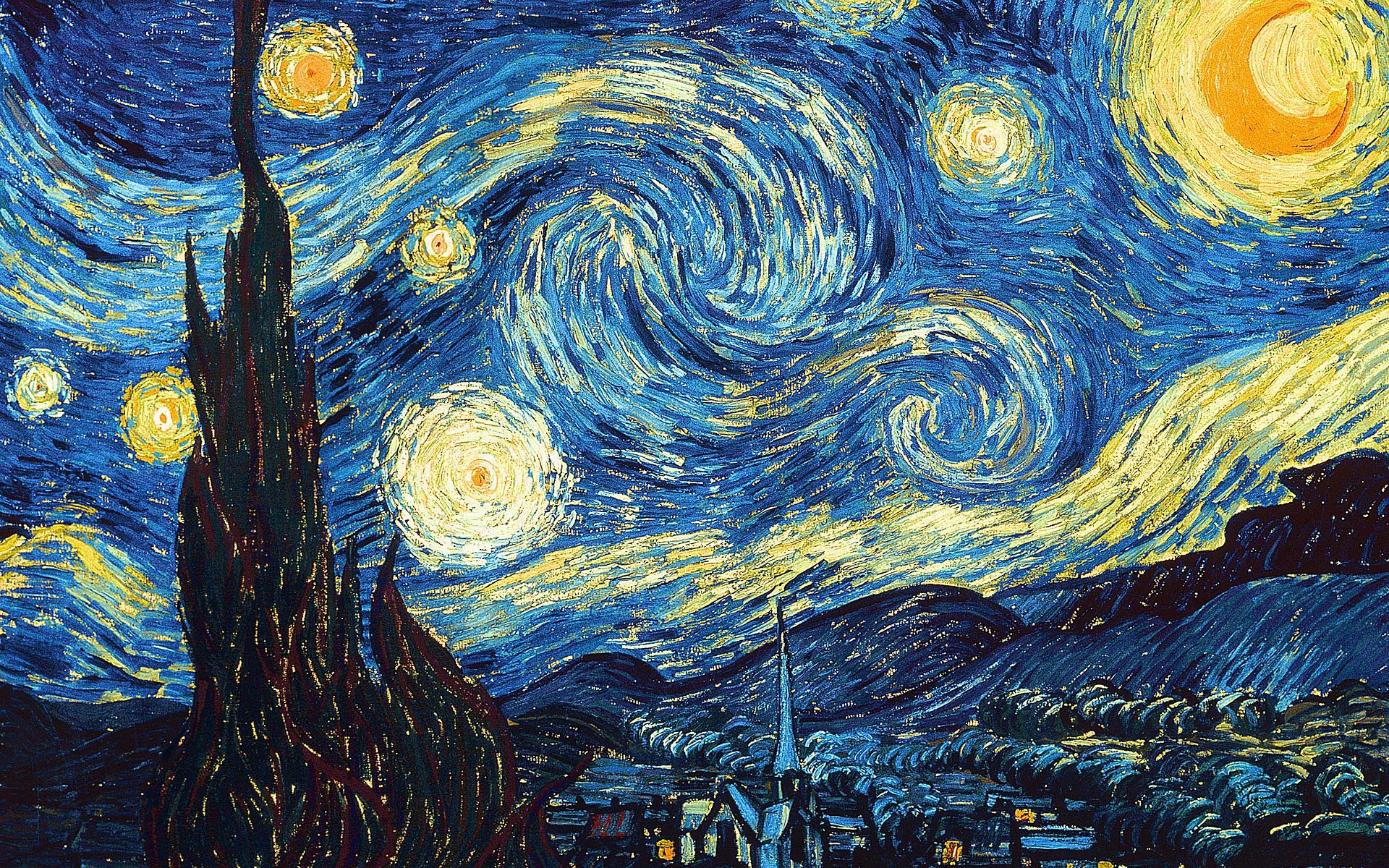The flame, flickering. The water, rippling. The rose bud turning its unfurling bloom to the sun. People all over the half of the world that is frozen in winter, burrowing indoors against cold and pandemic, gloved hands rubbing together in front of the fireplace, eyes on the flame, thoughts on nurture, survival and what’s for supper. People in the other half, enduring the burning sun of day to light the flame under Vincent’s starry, starry night and, mesmerised in the hypnotic flickering, casting the mind back to the hardships of the day, then forward to the challenges of tomorrow, but for now, for now, the respite of flame and succour.
The fire reaches its crescendo, every atom in every part of its fuel burning at full force, the entire orchestra as one, every eye on the conductor, you, sitting there, transfixed, lost in the furnace you have created for your pleasure and for your sanity, you, the firemaster, the flame conjuror, the maestro of the embers.
When the conductor has slowed the music and gentled the flames, the art of the meat is employed, the placing of this cut on the hottest part, that one at the edge to cook at leisure. The repast is eaten at wooden kitchen tables in all the land, and the humans talk of the trials and the joys they have found in their day, as do people at other tables in every part of the world, in many tongues, and discuss in somber tones the great pandemic and whether they will all survive it, and then the sage at the head of the table says her piece and they nod, and the children’s eyes widen and turn thoughtful, and a hand touches a shoulder and another an arm. All is well in the world, even when it isn’t.
It’s a scenario as ancient as the furthest mountain, its roots as deep as the oldest of Great Zimbabwe’s Baobabs. Tables hewn of tree trunks felled by calloused hand, as far back in time as even a Methusaleh cannot fathom, hands turning wood, rubbing twigs, finding flame, building fire, felling a deer, slaughtering a goat, bleeding, hanging, skinning, slicing, trimming, curing, salting, grilling, tending, eating, grateful. The ancient ritual of humankind, at its rawest, in its core of cores. The hunger, the bounty, the gratitude.
When the house has fallen to the sleep of the quiet hours, the conductor returns to the chair below the sky and his eyes find the embers again, and his hand cradles the whisky he has poured himself, and he sips and he savours, and he reminds himself that this moment, with embers dying before him and the warm hug of the liquor he allows to linger on the tongue, has much to do with what life is all about, when all is said and done and you’re alone, just you and the universe, on your little perch below the sky.
It’s in those moments late on a still summer’s night, just me and Vincent’s night sky, whisky in hand, embers becalmed, thoughts deep and far, that the Nature Boy comes to me, and we sit, and we chew the cud, and we are as one. The story has fascinated me since I was knee-high and the song would play on the transistor radio, Nat “King” Cole in his mellifluous tone, There was a boy, a very strange enchanted boy, they say he wandered very far, very far, over land and sea. A little shy, and sad of eye, but very wise was he…
The Nature Boy in my youthful head attained a position of authority, of knowing rather than merely wielding power, especially in the context of adults who seemed to fall far short of the wisdom the Nature Boy accumulated in his travels over land and sea. And the ultimate wisdom our Nature Boy found in all his wanderings when, one day, he passed my way, and though we spoke of many things, fools and kings, this he said to me…
The greatest thing you’ll ever learn is just to love, and be loved in return.
I’ve never known who wrote my favourite song until, this week, writing this, something sent me on a research jag, and I paused writing to ask Wikipedia who wrote the song that has intrigued me for most of my life.
eden ahbez.
lower case.
Photos show a man who looks like the archetypal hippie; long hair and a beard, sandals and a flowing robe. Lived what we would now call a vegan lifestyle. A mystic. You can imagine him in an ashram. Obviously a child of the Sixties; everything about him screams Sixties, dope, hemp, flowers in your hair, hey shoo wow. But… he was 52 in 1960. He was born in 1908. That’s not when hippies were born. And his career in music spanned from the Forties to the turn of the Sixties, chiefly.
Born in New York City as George Alexander Aberle, the man who was to write one of the greatest songs of the 20th century, Nature Boy, an eponymous title if ever there was one, fetched up in Los Angeles in 1941 after spending his 30s in Kansas as a dance band leader and pianist, and started playing piano in a raw food restaurant cum health food store in LA. Consider that this was the 1940s, and how wildly outlandish that must have been for the time. It was here that he changed his name from George McGrew (his adoptive name) to eden ahbez, insisting it be written lower case as he believed only God and Infinity deserve capitals. His mates called him ahbe.
He studied oriental mysticism. He was a Beatle before there were Beatles. Camped out below the second “L” in the Hollywood sign and ate fruit, vegetables and nuts. Claimed to survive on $3 a week. The British folk singer Donovan, also something of a wanderer, is said to have met ahbez and the two found a mutual empathy, sharing a “near telepathic” conversation. Not surprising then, for me, is that another of my musical heroes, David Bowie, admired the song too, and covered it. His ethereal, powerfully spiritual rendition of Nature Boy is remarkably orchestral, for Bowie, who packs his entire being into the final word as he sings, The greatest thing you’ll ever learn is just to love and be loved in returrrrrrrrrrrn!, in which Bowie seems to re-emphasise the lyric to touch on unrequited love.
And I find that ahbez professed no interest in royalties or credits for his songs, although he did later earn from them despite this. On giving the song, via a third party, to Nat “King” Cole back in 1948, the year after he penned it, he didn’t even bother to give his name. Here’s a song, it’s yours, take it. Cole had to track him down.
I find a YouTube video of eden ahbez singing Nature Boy himself, and it’s ethereal to have his sweet tones sing the song that I have only ever heard sung by Cole, Bowie, and George Benson, caressing the hint of a breeze around me while the embers dim to a shadow and the fairy lights flicker above. I'm arrested by a little oddity: while (or though) the version by Cole has 'while' we spoke of many things, ahbez sings 'though'. The version in my mind, where you'll often find the song playing on a loop, also has 'though'.
I turn the fairy lights off and there is only the starry sky of another dreamer who would have been able to commune with eden ahbez without need for words, my Vincent. And another dreamer, Don McLean, sketches his starry, starry night but his words seem to be talking to the Nature Boy, not only to Van Gogh. Now I understand what you tried to say to me, how you suffered for your sanity, and how you tried to set them free. They did not listen, they did not know how.
Perhaps they’ll listen now.
eden ahbez and I may diverge at the point of him eating only fruit and nuts while I follow my primal instinct to gather wood to light a fire on which to cook meat alongside vegetables, but there is affinity. His song speaks to the wanderer in us, the spirit that yearns to be set free to roam, to be unfettered, to find abundance in small things.
Melody rises from the beach as the wave empties itself into sand, endless, timeless, again and again, lapping, ebbing, rushing urgently to shore, from an eternity before your feet may walk there until an eternity after the last footprint is washed away. Melodies emit from the flickering of the flames and the dying of the embers, and float into the night sky to twinkle among Vincent’s stars. Time is not fleeting; we are the fleeting ones.
The flame brings us together even when we are far apart. The universe, through the water and the fire, reminding us that all of that, all of it, is as nothing once it is gone; you have food for your belly, you have the stars for a ceiling, be grateful, people all over the world. You’re here, still here. DM/TGIFood





 (Image of Van Gogh’s The Starry Night
by
(Image of Van Gogh’s The Starry Night
by